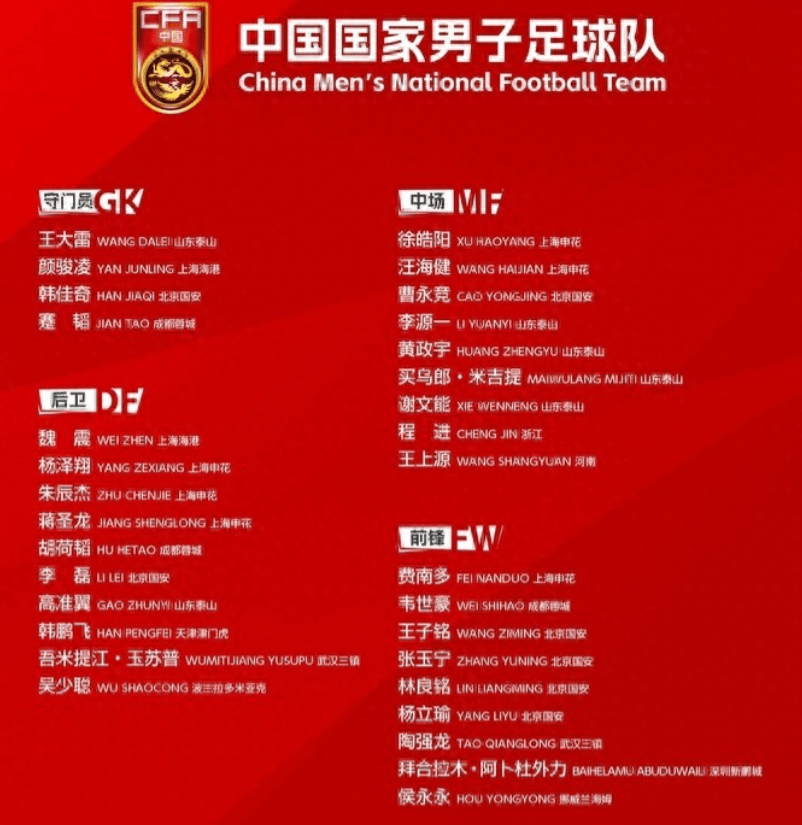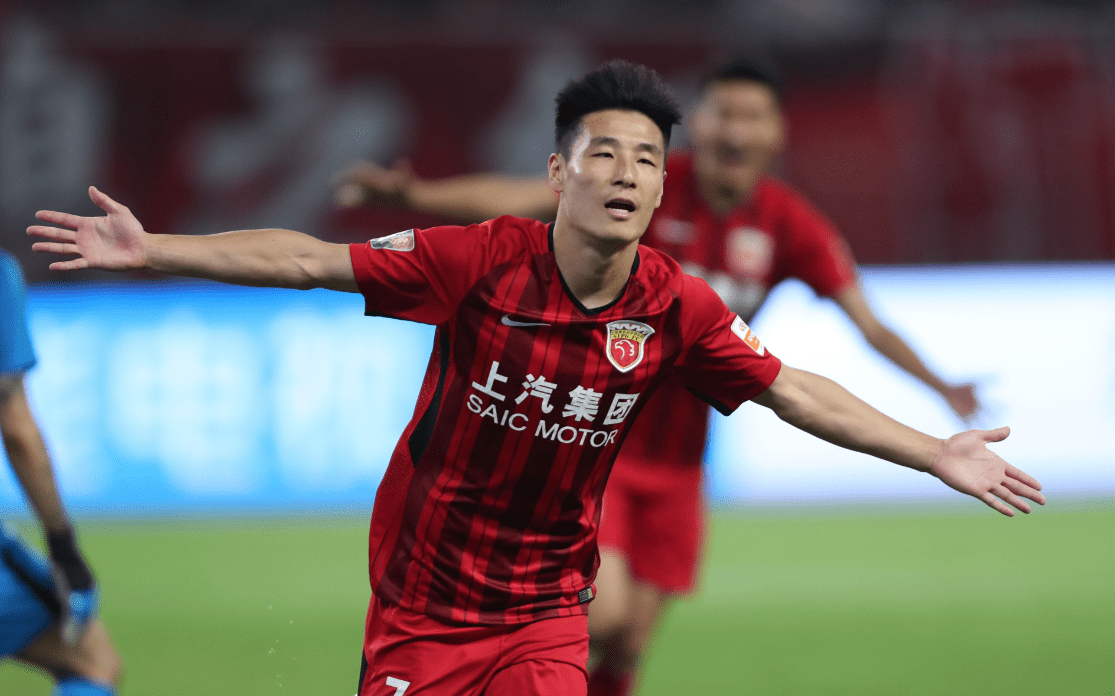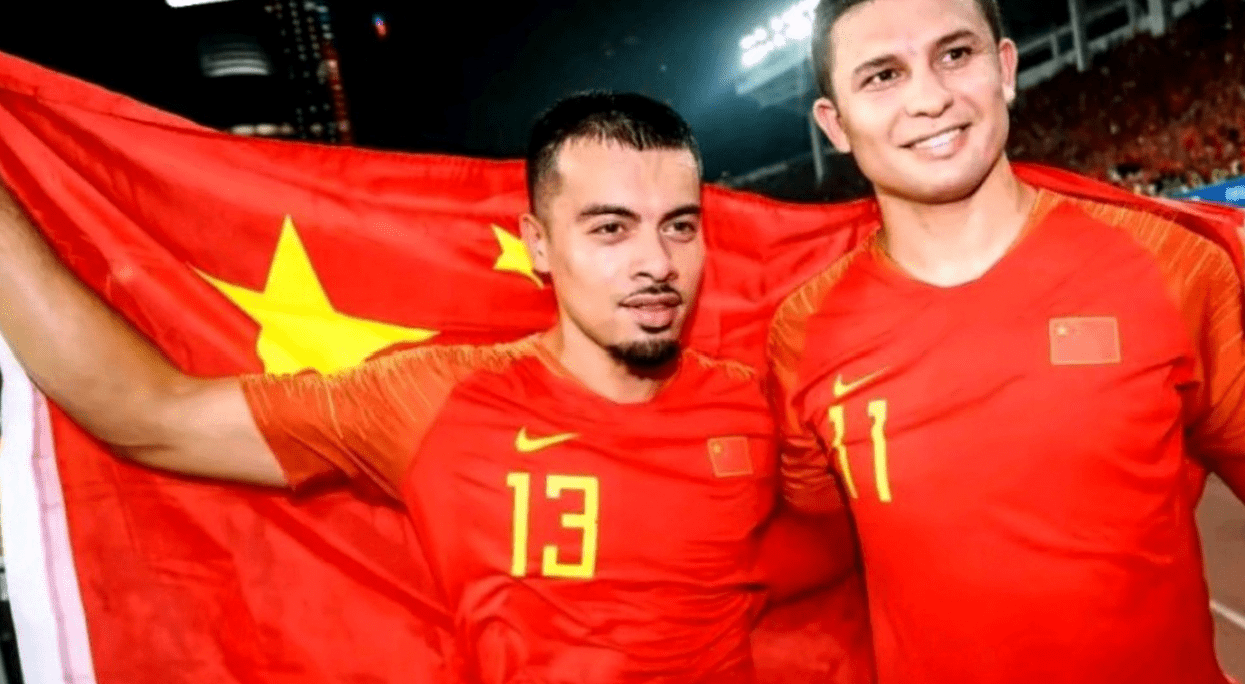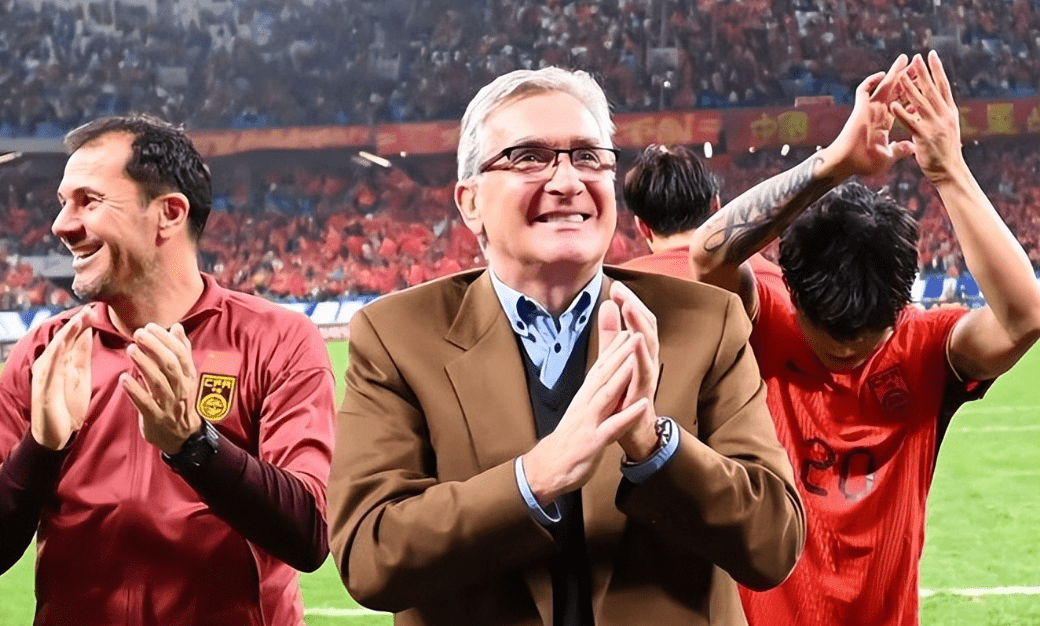Can youth rejuvenation save the national football team? The latest 32-man roster for the national football team has just been announced, sparking heated discussions among fans. This list breaks with the past tradition of "veterans in charge," with a full 10 veterans missing from the national team; on the other hand, it boldly employs 8 new faces who have never been selected for the national team before, causing many to exclaim, "The national team is getting serious this time."

However, can such a gamble on youth really turn things around for the national team in the upcoming top 18 matches? Is it bold innovation or just leaving things to fate again?

This roster reform, put bluntly, is the national team taking a gamble - betting that youth can bring vitality while having to face the risk of inexperience.

The addition of 8 newly selected players gives this list a lot of "strangeness." It's clear to everyone that although these players lack experience in major international competitions, they are undoubtedly standouts in domestic leagues. Take Jian Tao as an example; this goalkeeper has been called a "penalty-saving expert" in the league over the past two seasons, striking fear into opposing forwards.

Another example is Wu Shaocong, who at 22 years old relies on his agile footwork and tenacious tackling to become the most stable link in the defensive line. With their selection, people finally see a glimmer of hope: young players can also carry the flag and prove that they are not just "show-offs."

What is most noteworthy, however, is the first-time inclusion of naturalized player Hou Yongyong. This player, who once played in the Norwegian league, scored an impressive 19 goals and 8 assists in 29 games, kicking his way to a golden boot and best player accolades. His arrival not only fills the gap in the national team's forward line but also brings a new idea - could naturalized players really be the key to changing the current state of the national team? It can be said that Hou Yongyong's name has become a highlight of this reform by the national team, and even the "trump card" in the bet.

However, it is worth mentioning that some familiar names did not appear on the list. Those "old legends" who have been making waves in the national team for years seem to have suddenly disappeared.

The most regrettable on the list is the "disappearance" of veterans like Wu Lei, Liu Dianzuo, and Zhang Linpeng. These individuals were once seen as the true backbone in the hearts of fans against strong opponents! Especially Wu Lei, who represented Chinese football in the Spanish league, where his crucial goals almost became the "hope of the whole village," yet he was unable to stay on the national team training roster. Team turnover is often a trend in football development, but seeing the "symbolic figures" of an era suddenly bow out still stirs up emotions.

However, there must be a reason for the unusual. The mass exit of veterans may be directly related to their competitive form. For example, Wu Lei's performance in domestic competitions over the past year has been average, making his absence a natural choice. Moreover, Liu Dianzuo, one of China's top goalkeepers, failed to make the new list due to injuries and fluctuating form. Although experienced players like Zhang Linpeng and Wu Xi have extensive experience, they are all over 30 years old, and their physical fitness and speed are gradually declining. These veterans who once held up the sky for the national team are no longer able to continue being absolute core players as they once were.

In other words, the arrival of a new batch of young players is precisely because they will inherit and shoulder the responsibilities that these veterans once bore. This scene of veterans stepping down and newcomers replacing them can be nicely described as a "handover," but when placed in important international competitions, it is essentially a major transformation filled with both risks and opportunities.
After looking through the 32-man list, many keen-eyed fans discovered that the average age of the new national team has dropped to 26.7 years old, with as many as 11 post-00s players. The drop in age numbers is undoubtedly a declaration of a "youthful" approach, but the accompanying risks need to be carefully considered.
The vitality and drive of young players can indeed make the team perform well in some competitions, but stability may be the biggest problem when facing more experienced opponents in international competitions. For example, the national team will face old opponents like Saudi Arabia and Australia next March. These teams not only have excellent physical qualities but, more importantly, their coaches and players have accumulated sufficient experience in major competitions such as the top 16 and the World Cup. What about our young players? Many perform well in domestic leagues, but when facing opponents like Australia, who are aggressive and technically comprehensive, they may experience psychological fluctuations like "weak legs."
In other words, the youthful national team does start with an advantage in terms of physical fitness and vitality, but the shortcomings in experience and psychological quality will become future concerns. "Relying solely on youth to compete in the world is probably not enough." This sentence is undeniably true.
Another interesting point of the team's rejuvenation is whether the role of naturalized players will be further stimulated. Hou Yongyong's selection this time sends a signal that he is not only an emergency choice to strengthen the front line but may also be an important piece that the coaching staff expects to quickly enhance the overall strength through naturalized players in the short term.
However, the pros and cons of the naturalization policy have been hotly debated in recent years. From Li Ke to Ai Kesen, and now Hou Yongyong, the performance of naturalized players in the national team has been inconsistent. There is no doubt about Hou Yongyong's ability, but whether he can adapt to the coach's tactical approach still needs to be tested through the Haikou training camp. His selection not only shows the national team's attempt to "embrace diversity" but also exposes the dilemma of the team's lack of local forwards. If naturalized players can achieve results, it would be a win-win situation; but if the effects are poor, it might further erode some fans' confidence in this policy.
Putting aside the lively discussion about the roster, the focus always returns to an oft-discussed question: How can the national team stabilize its fighting power? What can be done about the lack of experience despite the advantages of youth? Can naturalization be a breakthrough, but what about the lack of support from grassroots training?
Facing these issues, Ivankovic and the Football Association have much work to do in the future. In the short term, the top 18 matches are an obstacle that cannot be avoided, and the team's overall tactics must be as pragmatic as possible, such as strengthening defense and counterattacks and reasonably deploying troops to make up for the lack of experience caused by the team's rejuvenation. Looking ahead, the ultimate goal of the team is still to establish a sound youth training system to leave a reliable "backup" for Chinese football.
Although this youthful transformation is not perfect, it carries hope and questions. Since ancient times, "breaking the deadlock" has never been easy, but even if it's a gamble, we hope that this time the national team can bet on a good future.
(Disclaimer) The processes and images described in the article all come from the Internet. This article aims to promote positive social energy without vulgar or inappropriate guidance. If there are any copyright or personal infringement issues, please contact us in time, and we will delete the content immediately! If there are any questionable parts of the event, they will be deleted or modified immediately after contact!